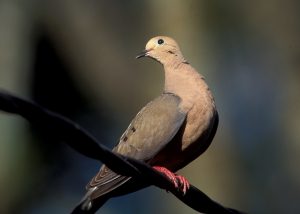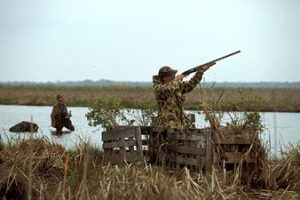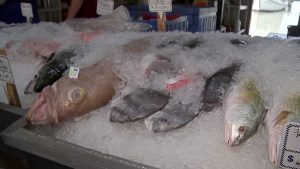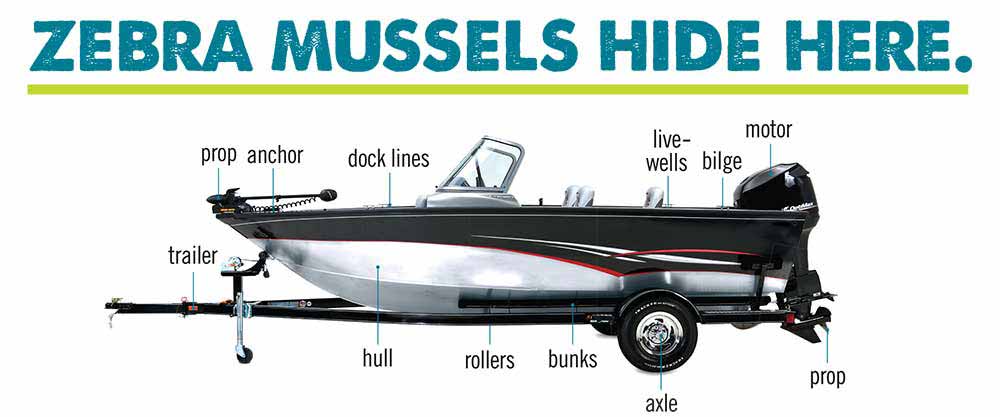Dove Regulations
Wednesday, August 29th, 2018This is Passport to Texas
Some dove hunters may be surprised to learn that Texas does not set the state’s dove season or its bag limits. That falls to the US Fish & Wildlife Service.
And the do it by management unit.
Texas is in the central management unit, or flyway. Owen Fitzsimmons, is Texas Parks and Wildlife’s web-less migratory game bird leader, and says Texas still has a say in the process.
What they’ll do, is they’ll set a range of dates. And within that range we have a window, essentially. We have 90 days that we can set the season however we see fit within the state.
Texas controls where in that range of dates our dove season falls.
And we can split it once. But we don’t have any control over bag limits. We have limits on when we can start the season and when we can stop the season, and things like that. We have some leeway, but most of it is controlled by Fish and Wildlife Service.
Data collected in Texas assists the US Fish and Wildlife service when deciding seasons and bag limits.
We have our banding program, which is a nationwide banding program for mourning dove. But, Fish & Wildlife service also does a parts collection survey.
Parts collection surveys—that’s tomorrow.
The Wildlife Restoration program supports our series and funds Mourning Dove Density, Distribution, and Harvest surveys in Texas.
For Texas Parks and Wildlife, I’m Cecilia Nasti.







 Passport to Texas is a
Passport to Texas is a  Passport to Texas is made available by:
Passport to Texas is made available by: